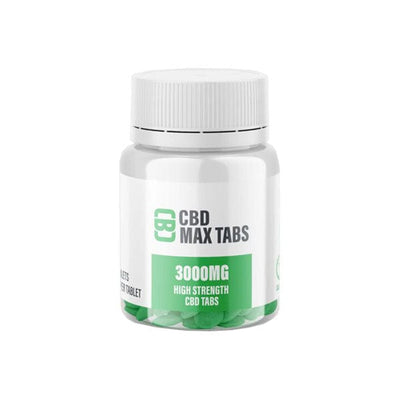CBD and addiction: its potential to help with substance abuse disorders
Substance abuse disorders are a significant public health concern that affects millions of people worldwide. While there are currently limited treatment options available for these disorders, emerging research suggests that CBD, or cannabidiol, may have potential in helping to manage substance abuse disorders. In this blog, we will explore the potential of CBD in addiction treatment.
What is CBD?
CBD is a non-psychoactive compound found in the cannabis plant that has been shown to have potential therapeutic benefits. Unlike THC, the psychoactive compound in cannabis that produces a "high," CBD does not produce any intoxicating effects. CBD has been shown to have anti-inflammatory, analgesic, and anxiolytic effects, among others.
CBD and Addiction
There is growing evidence to suggest that CBD may have potential in helping to manage substance abuse disorders. Preclinical studies have shown that CBD may reduce drug-seeking behavior and withdrawal symptoms in animal models of addiction. CBD has also been shown to have effects on brain regions involved in addiction, such as the mesolimbic system, which is involved in reward processing.
CBD has also been shown to have potential in managing opioid addiction. A study published in the American Journal of Psychiatry found that CBD reduced cravings and anxiety in individuals with heroin use disorder. Another study published in the Journal of Clinical Psychiatry found that CBD reduced cue-induced cravings and anxiety in individuals with opioid use disorder.
CBD and Alcohol Addiction
CBD may also have potential in managing alcohol addiction. A preclinical study published in the Journal of Pharmacology found that CBD reduced alcohol-induced neurodegeneration in rats. Another study published in the Journal of Neuroscience found that CBD reduced cue-induced alcohol seeking behavior in rats.
How Does CBD Work?
The exact mechanisms by which CBD may help to manage substance abuse disorders are not yet fully understood. However, it is thought that CBD may act on the endocannabinoid system, which is involved in regulating reward, motivation, and addiction. CBD may also interact with other neurotransmitter systems, such as the serotonin and opioid systems, which are also involved in addiction.
Conclusion
While research on the use of CBD in addiction treatment is still in its early stages, there is growing evidence to suggest that it may have potential in managing substance abuse disorders. CBD may reduce drug-seeking behavior, cravings, and withdrawal symptoms, and may also have potential in managing opioid and alcohol addiction. If you or someone you know is struggling with a substance abuse disorder, it is important to seek professional help from a healthcare provider or addiction specialist.






Leave a comment